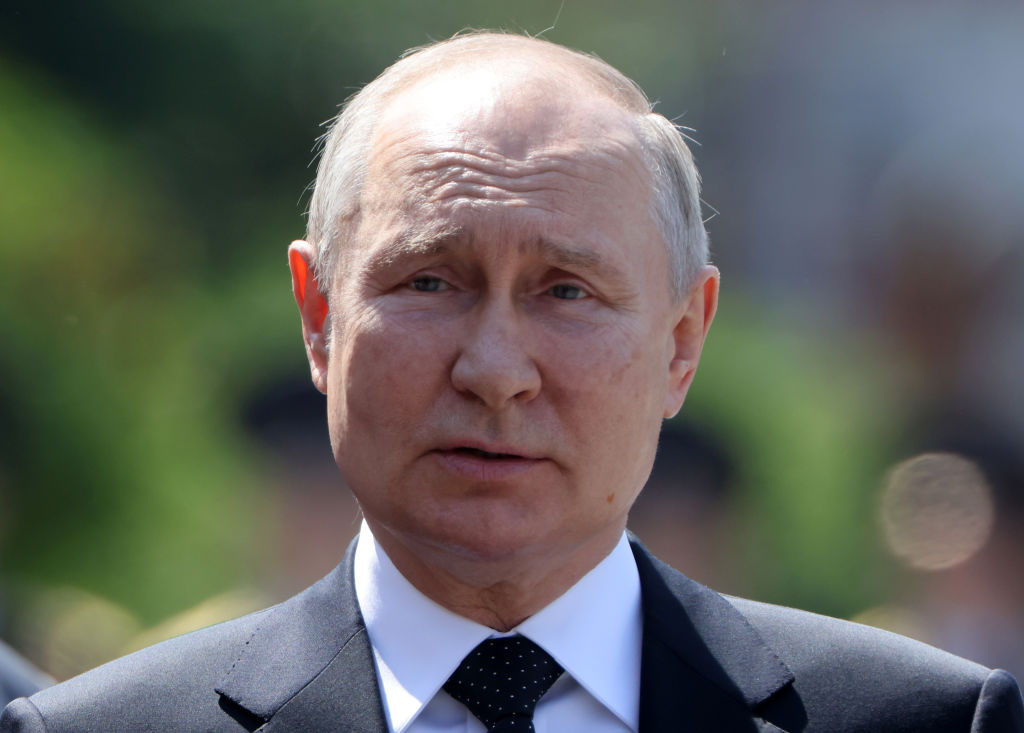Putin's grip on power apparently damaged after Wagner mutiny


A free daily email with the biggest news stories of the day – and the best features from TheWeek.com
You are now subscribed
Your newsletter sign-up was successful
The attempted rebellion by the Wagner Group mercenaries came to an end on Saturday. However, analysts say that the dictatorial image of Russian President Vladimir Putin has been significantly weakened by the uprising.
Wagner Group head Yevgeny Prigozhin agreed to end his soldiers' push toward Moscow, which occurred after they had already taken over the strategic Russian city of Rostov-on-Don. Prigozhin agreed to move to Belarus in exchange for avoiding Russian prosecution.
However, the incident has undoubtedly damaged Putin's reputation in Russia, and he "will try to compensate by making the regime even more hands-on," Alexander Gabuev, director of the Carnegie Russia Eurasia Center, told NPR. As Putin looks to move beyond the embarrassing event for his government, his "regime will become increasingly more repressive at home," Gabuev added.
The Week
Escape your echo chamber. Get the facts behind the news, plus analysis from multiple perspectives.

Sign up for The Week's Free Newsletters
From our morning news briefing to a weekly Good News Newsletter, get the best of The Week delivered directly to your inbox.
From our morning news briefing to a weekly Good News Newsletter, get the best of The Week delivered directly to your inbox.
Many experts consider the mutiny the greatest threat to Putin's decades in power. The Russian president has ruled the country — either as prime minister or president — continuously since 1999, but there's "no doubt" Prigozhin's coup attempt makes him look weak, former U.S. Ambassador to Russia Michael McFaul told NPR. Prigozhin and Putin were previously allies who fought alongside each other during the Ukrainian war. The fact that Prigozhin stepped so far out of line with the Russian president "raises doubts about [Putin's] ability to continue to govern Russia in an effective way," McFaul added.
U.S. Secretary of State Antony Blinken also addressed the uprising, telling CNN, "You've seen cracks emerge that weren't there before." Blinken noted that Russian forces appeared destined to take over the Ukrainian capital of Kyiv. Instead, "they're defending Moscow against mercenaries of Putin's own making," Blinken said.
While the true fallout from the incident remains to be seen, "One thing we know for certain is that Putin's authority is irreparably damaged," Samuel Charap, a senior political scientist at the Rand Corp, told NPR.
A free daily email with the biggest news stories of the day – and the best features from TheWeek.com
Justin Klawans has worked as a staff writer at The Week since 2022. He began his career covering local news before joining Newsweek as a breaking news reporter, where he wrote about politics, national and global affairs, business, crime, sports, film, television and other news. Justin has also freelanced for outlets including Collider and United Press International.
